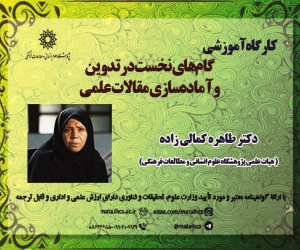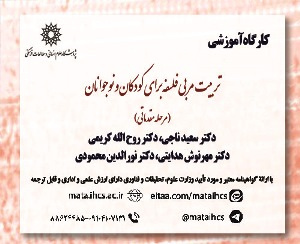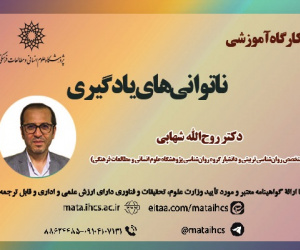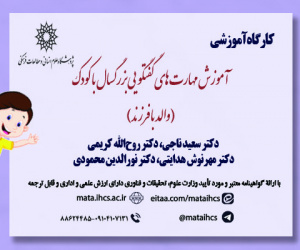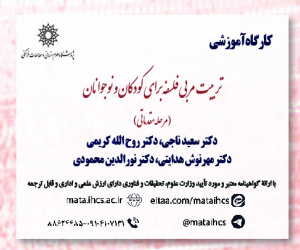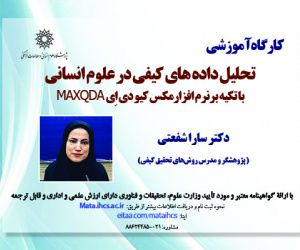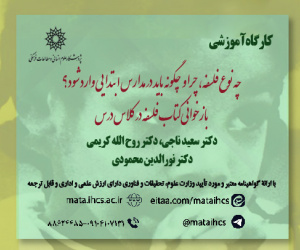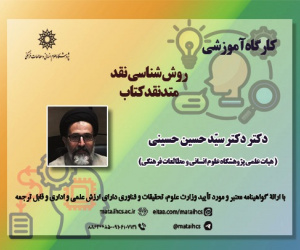تأثیر فرآیندهای شناختی بر شکل گیری نگرش های سیاسی رادیکال در میان جوانان
آرشیو
چکیده
رادیکالیسم سیاسی به عنوان یکی از چالش های مهم جوامع مدرن، تحت تأثیر عوامل متعددی از جمله فرآیندهای شناختی افراد قرار دارد. این پژوهش با هدف بررسی نقش فرآیندهای شناختی در شکل گیری نگرش های رادیکال سیاسی، به تحلیل تأثیر سوگیری های شناختی، ادراک نابرابری، هیجانات سیاسی و نقش رسانه های معاند در تقویت گرایش های افراطی پرداخته است. روش تحقیق مبتنی بر رویکرد کیفی و تحلیل محتوای داده های جمع آوری شده از منابع علمی و مطالعات میدانی بوده است. یافته های پژوهش نشان می دهد که افراد با الگوهای شناختی بسته، پردازش اطلاعات قطبی شده و تفکر سیاه وسفید، بیش از دیگران مستعد پذیرش نگرش های رادیکال هستند. علاوه بر این، احساس تهدید، محرومیت نسبی و عدم اعتماد به نهادهای رسمی می تواند موجب تشدید این گرایش ها شود. همچنین، رسانه های معاند و شبکه های اجتماعی با بهره گیری از سوگیری های شناختی و بمباران اطلاعاتی، زمینه را برای تقویت گفتمان های افراطی و کاهش اعتماد عمومی به حکومت فراهم می کنند. از جمله مهم ترین پیامدهای گسترش نگرش های رادیکال سیاسی می توان به افزایش بی ثباتی اجتماعی، تضعیف سرمایه اجتماعی، و تعمیق شکاف های سیاسی و فرهنگی اشاره کرد. بر این اساس، مقابله با این پدیده مستلزم ارتقای سواد رسانه ای، تقویت تفکر انتقادی، و افزایش شفافیت در سیاست گذاری های اجتماعی و حکمرانی است. در نهایت، پیشنهاد می شود که سیاست های فرهنگی و آموزشی در جهت کاهش دوقطبی های سیاسی و افزایش حس تعلق اجتماعی تدوین و اجرا شوند.The impact of cognitive processes on the formation of radical political attitudes among youth
Political radicalism, as one of the major challenges of modern societies, is influenced by various factors, including individuals' cognitive processes. This study aims to examine the role of cognitive processes in shaping radical political attitudes by analyzing the impact of cognitive biases, perceived inequality, political emotions, and the role of hostile media in reinforcing extremist tendencies. The research methodology is based on a qualitative approach and content analysis of data collected from scientific sources and field studies. The findings indicate that individuals with rigid cognitive patterns, polarized information processing, and black-and-white thinking are more prone to adopting radical attitudes. Furthermore, feelings of threat, relative deprivation, and distrust in official institutions can intensify these tendencies. Additionally, hostile media and social networks, by exploiting cognitive biases and information bombardment, contribute to strengthening extremist discourses and reducing public trust in the government. Among the most significant consequences of the spread of radical political attitudes are increased social instability, the weakening of social capital, and the deepening of political and cultural divides. Accordingly, addressing this phenomenon requires enhancing media literacy, fostering critical thinking, and increasing transparency in social policymaking and governance. Ultimately, it is recommended that cultural and educational policies be formulated and implemented to reduce political polarization and strengthen the sense of social belonging.
